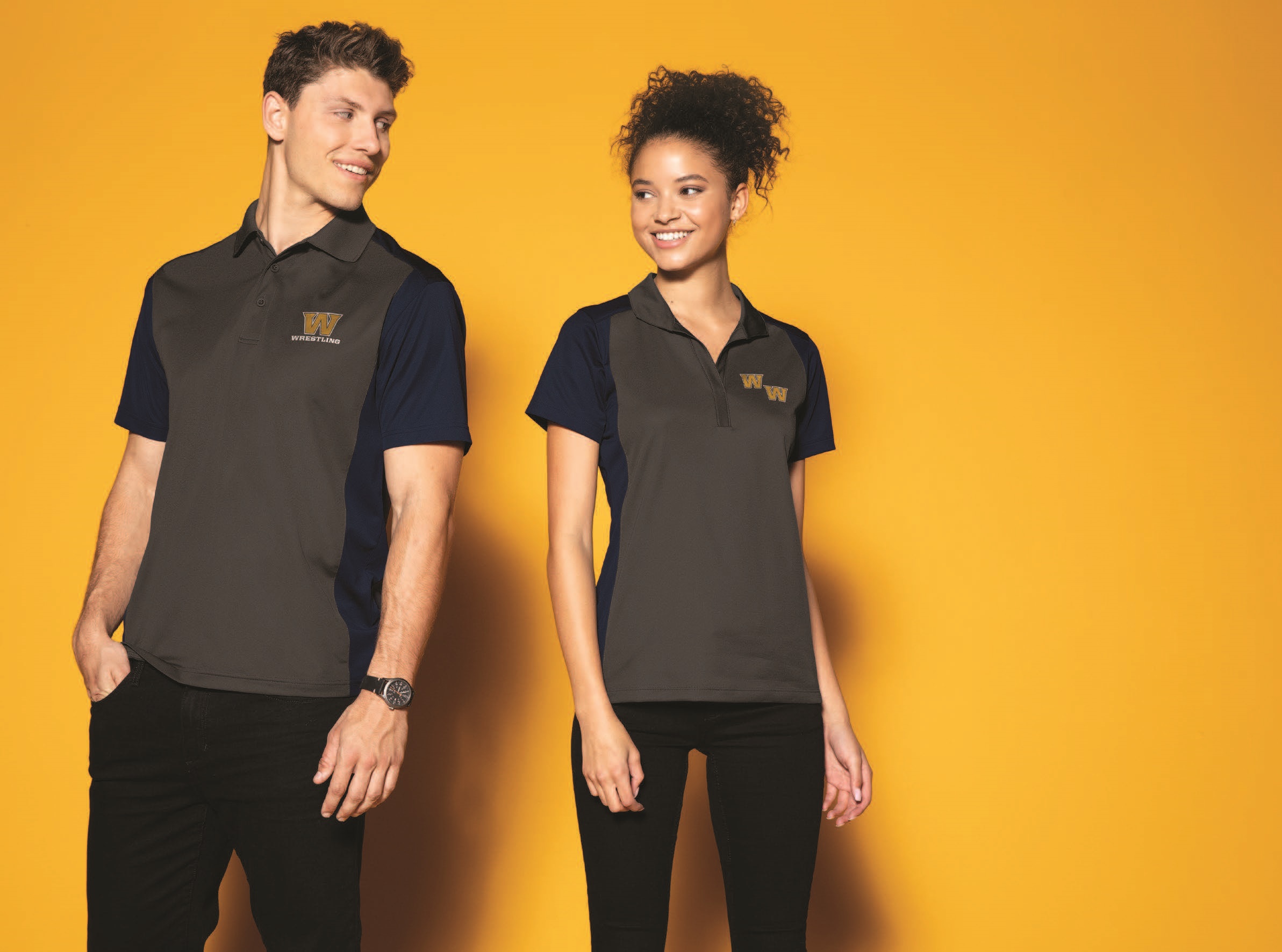The February 26 death of 17-year-old Trayvon Martin continues to dominate headlines across the country. The untimely death of the Florida teen and ongoing investigation have raised questions about myriad topics including racism, concealed weapon laws, media bias, neighborhood watch organizations and, now, promotional products.
Associated Press writer Curt Anderson published “Trayvon Inc: Fla teen’s case turns into brand” on March 28, discussing the rise in Martin-related products flooding the market: “From the T-shirt and hoodie sales to trademarking slogans like ‘Justice for Trayvon’ to the pass-the-hat rallies that bring in thousands, the case of an unarmed black teenager killed by a neighborhood watch volunteer is quickly turning into an Internet-fueled brand.”
The article continues, “Websites are hawking key chains bearing Trayvon Martin’s likeness. … Trayvon clothes, bumper stickers, buttons and posters are up for grabs on eBay.” Within days the article was republished in papers across the country, including USA Today, The Washington Post and The Philadelphia Inquirer.
The use of promotional T-shirts and bumper stickers to raise awareness is a standard procedure in cause marketing, but the increased attention to the Martin case brings increased scrutiny to the practice and the products. While many sellers are donating all or a portion of proceeds to Martin’s family, street vendors selling screen-printed hoodies may have purely profit-driven motives. Meanwhile, following the money from those that claim to be raising funds remains a dubious endeavor.
With so much attention on the case, and the proliferation of imprinted products surrounding it, the question of whether people would try to profit off of the death of Martin was inevitable. The Los Angeles Times published an article last week looking at the rise of products related to Martin and George Zimmerman, the 28-year-old who shot Martin (and who, it was just announced, will have criminal charges filed against him), while The International Business Times reported that some are accusing Martin’s mother, Sybrina Fulton, of trying to capitalize on the situation. According to documents obtained by The Smoking Gun, Fulton filed two trademark applications on March 21 for “I Am Trayvon” and “Justice for Trayvon” for use in “Digital materials, namely, CDs and DVDs featuring Trayvon Martin.”
Victor Baranowski, patent attorney with Schmeiser, Oslen and Watts, resisted that interpretation and told the International Business Times that such trademark applications may be granted for the purpose of protecting an image rather than for generating profit. “If you trademark the name, that’s going to prevent others from doing it and potentially capitalizing on it in a negative way or a different way than what you want… in a case like this, there’s going to be others who would want to,” he said. “So does she want to let somebody else do something with her son’s name or does she want it for herself?” Days later, The Smoking Gun revealed that an unrelated Los Angeles musician had also filed a trademark application for the same phrases, for use on hooded sweatshirts.
All of these events have direct or indirect associations to the promotional product industry. Florida’s Sun Sentinel newspaper reported on a number of South Florida printers “filling hundreds of requests to customize apparel with photos of Trayvon.” While they may be small independent businesses, somewhere along the supply chain, many of those vendors source from industry wholesalers, suppliers or distributors.
But is there anything wrong with that? Many of the articles published talk of the commercialization and commoditization of Trayvon Martin in pejorative terms, although none articulate why it is negative. The media interprets the use of Martin’s image on commercial products as ethically ambiguous while simultaneously using his image in articles for arguably the same purpose.
While the critics view those selling imprinted T-shirts as capitalizing on tragedy, those buying from the vendors do not see it in the same way. People purchasing T-shirts are doing so not to support the seller, but to support the message, and in this way the screen-printers are serving a purpose. As Donna Hoffman, marketing professor at the University of California-Riverside told Anderson in his original article, “People can start to wear their feelings and emotions. It makes sense, even if there’s a profit motive. There’s a legitimate interest in sharing the pain, and these products do that.”
What do you think? Is there an ethical issue in selling products based on tragic events, or do these types of products serve a purpose? Is it not a supplier’s or distributor’s business to question a client’s order? Would you accept an order for Trayvon Martin T-shirts? Sound off in the comments below.



